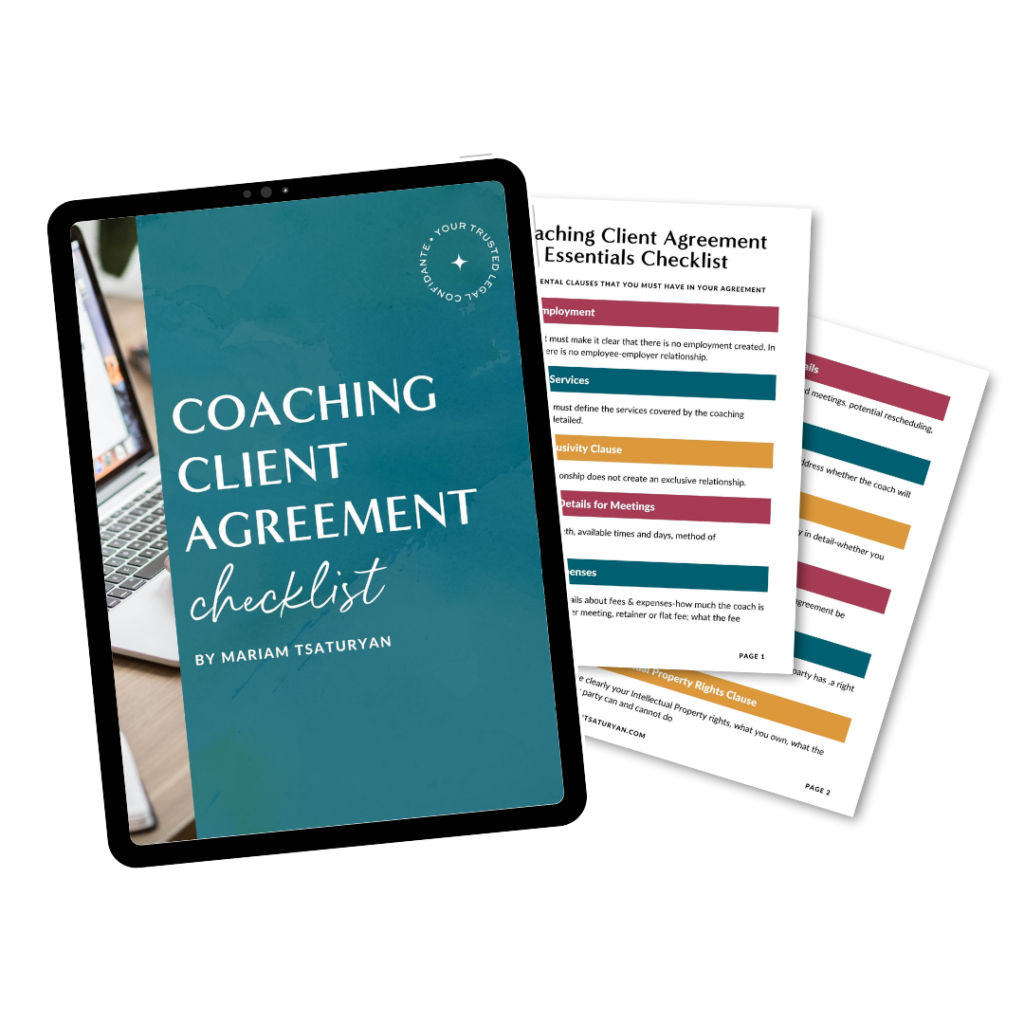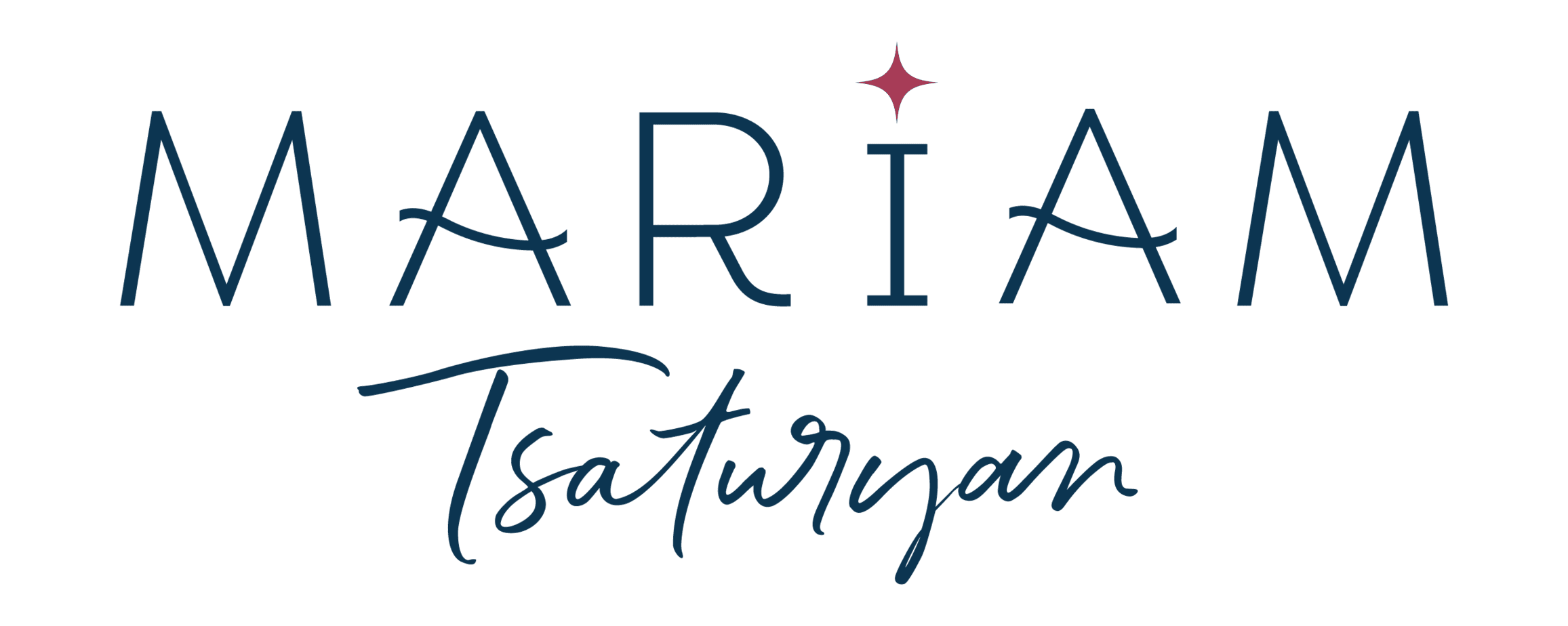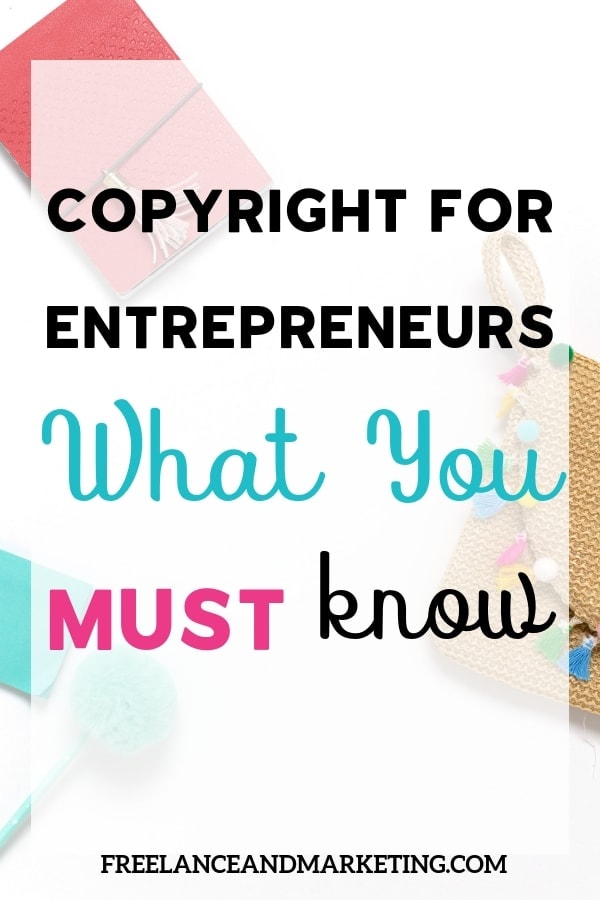what is copyright law? (plus important updates that online entrepreneurs need to know)
Copyright law is an undeniable part of blogging. Many aspects of blogging intertwine with Copyright. Every entrepreneur or blogger must at least know some Copyright basics to know how to stay out of trouble.
So many bloggers and online entrepreneurs are confused as to what is copyright law, what it protects, and what it doesn’t protect. Moreover, there is the notorious fair use to learn and know what it means. There are all kinds of nuances that go into Copyright, so let’s cover the most important sections.
What is Copyright law?
Copyright law is a Constitutional law that protects original works of authorship that are fixed in a tangible medium. Copyright law protects Intellectual Property (IP) from being infringed upon.

These original works of authorship are protected from the moment they exist, whether published or unpublished. Copyright protection is automatic, and you don’t have to do anything to get it.
Don’t confuse Copyright protection with Copyright Registration, however. Copyright registration is a separate topic that will be discussed a little later.
What is protected under copyright
Copyright protection extends to original works of authorship, such as books, blogs, stories, poems, journalistic pieces, designs, architecture, visual arts such as photos, images, graphics, music, songs, etc.
For Copyright protection to apply the work must be original and it must be fixed in a tangible medium. Copyright protection does not apply to ideas and methods. It only applies to work that exist and area realized from ideas. Copyright protection does not extend to facts, government works, processes, recipe ingredients, etc.
How to get copyright protection
Copyright protection applies to your original work that is fixed in a tangible medium. From the moment your work exists, it gets automatic Copyright protection.
You don’t have to do anything to earn this. It’s there for you as the original creator of the work. You can use Copyright notice on your site to notify people that your content is protected. The Copyright notice is not necessary, but it’s helpful. When other people see this notice, they are put on notice that your content is protected and that they would be infringing if they used your protected work without permission.
Registered Work & why you should register yours
Even though you get automatic Copyright protection from the first moment your work is fixed in a tangible medium, there are still instances when registering your work with the U.S. Copyright Office has its benefits. In fact, depending on your business or stage in your blogging activities, registering your Copyright might be the smartest option.

If someone infringes your Copyright and continues to benefit from your work even though you asked them to stop, your next step would be to file an injunction in court. An injunction is a legal order that demands the other party to stop his or her infringing otherwise they will be subjected to a huge fine.
However, to file for an injunction, or to bring a case in court at all, you’re gonna have to have your Copyright registered.
What many entrepreneurs and bloggers did before is they would fill out the application and send it to the U.S. Copyright Office. Some court circuits allowed people to file for court relief, including injunction, as long as the application was sent to the U.S. Copyright Office. They did not require actual proof that the Copyright was registered.
However, there was a major update to the Copyright law on March 4, 2019. The United States Supreme Court decided that from now on nobody could file for any court relief for Copyright (which includes an injunction) unless their Copyright was already registered. This means that a person can’t just send the application in and go sick court relief. They actually have to wait until the U.S. Copyright Office registers the work.
Depending on the method of filing, this time-frame for processing the Copyright registration application could take anywhere from 4-7 months in the best-case scenario or 8-18 months in the worst-case scenario.
It follows that if someone was infringing on your Copyright, you couldn’t do anything until some time later, and in the meantime, the infringer would have continued benefiting from your product or service.
What this means for entrepreneurs and bloggers is that if you have something worth protecting, maybe a coaching system, or an online course, or an ebook, etc., then you shouldn’t wait for someone to infringe your Copyright before you think of registration.
The rule of thumb should be to register anything you want to be protected immediately so that you can avoid unnecessary wait times in the future should someone infringe your Copyright.
Make sure to include Copyright language in your Terms of use Agreement
An important step toward providing Copyright notice to other people, and making sure that your content is your Intellectual Property is to have a clearly stated section about it in your Terms of Use (or Terms and Conditions) policy. If you don’t have a professional written Terms of Use, you can get one from my store where I sell templates and policies that I personally prepared.
Having the most important terms listed in your policies is always a good idea. Some legal policies, such as a privacy policy, are legally necessary, others, such as Terms of Use, are highly recommended. Always go the extra mile when it comes to legal compliance and the safety of your products and services. You can read my post on what’s necessary to have a completely compliant and safe website or blog.
What’s copyright infringement?
Copyright infringement is the term used to describe the process when someone without authorization and permission, uses your Copyright protected product or service and benefits from it.
You can be either the victim of infringement where someone illegally and without your consent is using something that belongs to you – for example, a photograph or an image, or music or quotes from your ebook.
Or, you could be the infringing party (either intentionally or accidentally). You might have unknowingly used an image that you thought was safe to use, but it turns out someone else holds the copyright to that image. So, in this case, you become the infringing party.
Generally speaking, always assume original work is protected by Copyright. You have no right to use something that belongs to another person.
Fair use
There are very limited exceptions to the use of Copyrighted products or services where you’re not committing an infringement.
Fair use is a legal doctrine that allows a person who does not have permission or license to use copyrighted work but does so anyway, and it’s ok. Fair use is part of the Copyright Act.
Section 107 of the Copyright Act lays out the foundation for analyzing whether a certain use may be considered fair use. One thing to keep in mind is that fair use is a notoriously gray area. There are no clear cut answers, and a lot depends on various factors.
Here are the four factors according to Section 107 of the Copyright Act to consider when determining if a certain use may be considered fair use:
- The purpose and character of the use, including whether such use is of a commercial nature or is for nonprofit educational purposes;
- The nature of the copyrighted work;
- The amount and substantiality of the portion used in relation to the copyrighted work as a whole; and
- The effect of the use upon the potential market for or value of the copyrighted work.
Certain types of uses that may be recognized as fair use are criticism, comment, news reporting, teaching, research, and scholarship.
If your use of a protected product or service brings you profit or it is used for commercial reasons, it’s most likely not going to be considered fair use. The type of work used also can play a role in determining whether it’s fair use or not. If you’re using a creative work, let’s say a best-selling novel, this is less likely to be considered fair use than if you used something from a biography or true storybook.
When it comes to the Fair Use, always ask yourself if using that specific piece of protected content is absolutely essential for your piece to make sense.
Always use the smallest possible portion of the protected work. If you use 2-3 sentences in your content, it’s more likely to be found to be fair use than if you use an entire page of the protected work.
Fair use is a lot more extensive than we covered here, but this is the foundation that you should know about as an entrepreneur or blogger.
Conclusion
Knowing the basics of Copyright can protect you from unnecessary trouble and headache. You now know how to analyze to decide if a certain use of protected material can be considered fair use, or whether it’s Copyright Infringement.
Take the Copyright updates seriously and think about your products. If you have something valuable you want to protect and file for a court order or relief if someone does infringe, then maybe consider registering your Copyright as soon as possible. For certain things, it doesn’t make sense not registering anymore because the price you’ll pay for that will be much higher, and I don’t just mean monetary loss.
If you enjoyed this post, please pin to Pinterest and share it on other social media. If you have questions or comments, let me know in the comments below.




Very helpful! A must have.
Thanks for stopping by. I am glad you found it useful 🙂